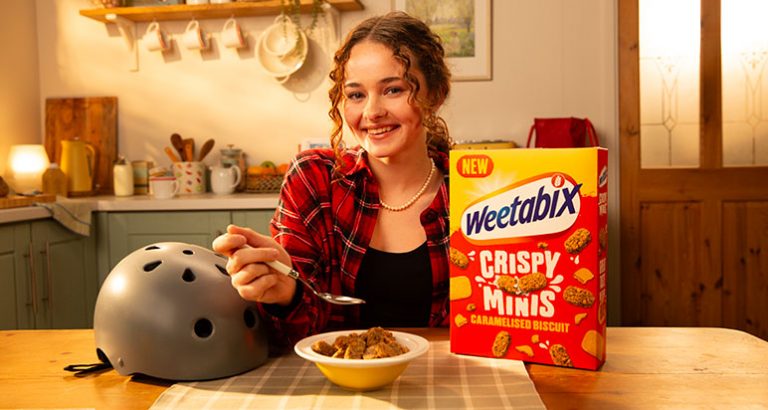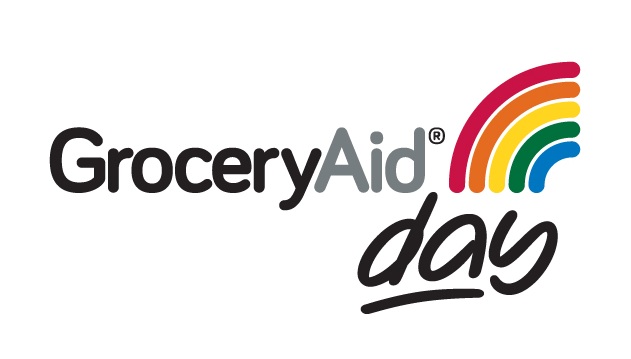Oats company Stoats has completed its charity campaign Pot for a Pot, in partnership with Mary’s Meals, and has raised enough funds to feed a school in Liberia, West Africa, for an entire year.
All 300 children attending Bambo Town Primary School will each receive a nourishing meal every day for an entire year. Customers helped achieve the milestone by buying Stoats Original Porridge Charity Pots. The donation from each pot is used to feed a child at the school for one meal, with a mug of porridge.
The Pot for a Pot campaign was founded around World Porridge Day, which is a global celebration of one of Scotland’s favourite dishes and directly supports Mary’s Meals to provide hungry children across the world with one meal every school day.
Tony Stone, MD of Stoats, commented: “We are extremely grateful to our customers for helping us to raise these funds, which will make a huge difference to the daily lives of children attending Bambo Town Primary School. Liberia is one of the world’s most impoverished countries and as an oats company, we know only too well what a good source of energy and nutrition these meals are. The further benefit is that the assurance of a daily meal also helps ensure the children attend school and receive the education they deserve.
“It’s a very fitting and important cause for us to contribute to and something we are committed to doing again in 2018.”
Hannah Stewart, Head of Fundraising at Mary’s Meals, said: “We are extremely grateful to Stoats for choosing to support Mary’s Meals in this way.
“By getting involved in our Sponsor a School initiative and providing meals for a whole school, Stoats is supporting our efforts to reach more children with a life-changing daily meal.”
Stoats’ partnership with Mary’s Meals, as official sponsor of World Porridge Day, began in 2016 and will continue through 2018 for a third consecutive year.
Mary’s Meals school feeding programme is owned and run by community volunteers in the countries where they provide food. Liberia is the charity’s second largest project country, where 126,002 children receive Mary’s Meals. Where possible, locally produced food is served, which supports the local community and its farmers as well as the wider economy.







